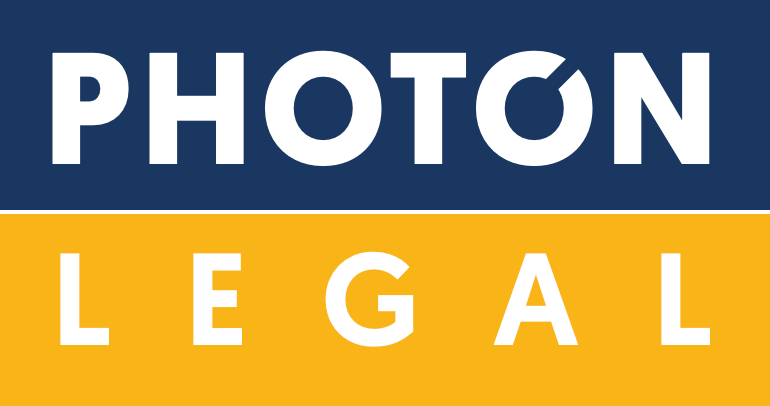What exactly are hashtags?
If you have spent any amount of time on any social media platform in this last few years, there are three facts that you will absolutely agree with. Firstly, a social media is an indispensable marketing channel for most businesses today. Secondly, the social media platforms are constantly developing online marketing tools to help businesses reach their existing and potential customers. And thirdly, hashtags have emerged as one of the most innovative marketing tools on all social media platforms!
Hashtags are words or phrases that are preceded by the hash sign (“#”) on social media platforms. You must have really came across some of these hashtags: #shareacoke, #mcdstories and #oreohorrorstories. As suggested by the use of the word ‘tag’, hashtags help in identifying content on a specific topic by adding a label of a kind. The main intention behind using a hashtag in some content is to have maximum number of people to view that content. Another purpose is to create and contribute to a common platform for a specific topic such that users can search content related to a specific topic with the help of the tag attached to the content.
The significance of hashtags as a marketing tool is evident from its success in driving various activism campaigns across the globe such as the #MeToo movement, #BlackLivesMatter and so on. When the potential of hashtags became obvious to businesses, they did not waste any time in capitalizing this opportunity.
So how do hashtags help businesses?
As far as businesses are concerned, hashtags help in the creation of a customer base that not only includes existing customers but also customers who are likely to have an interest in their product. By using hashtags, businesses are able to access this customer base free of cost. For example, by using and popularising the hashtag #shareacoke, Coca ColaTM encouraged its followers to share a picture of the person they would like to share their drink with and use the hashtag #shareacoke. With this initiative, Coca Cola TM ensured that its content reaches not only the people who consume coke but also all those people with whom they would like to share their Coke with. This is indeed a smart technique of using hashtags.
Some of the perks of using hashtags are that the hashtags can be highly versatile marketing tool with little or no costs involved which increases searchability and accessibility of the business. Further, the hashtags also open infinite possibilities for creativity and innovation. Therefore, in foreseeable future, hashtags are definitely a potent branding tool.
Need for registering hashtag Trademarks
Even though registering one’s hashtags as trademarks does not prevent others from using that hashtag, a registered hashtag trademark is still of significant importance in today’s highly competitive market. Seeking trademark registration for the signature hashtags provides the business a upper hand if any other company uses the same hashtag to promote a competing product or service within the same industry.
Also, some hashtags gain so much popularity that they become a part of the pop culture and if such a hashtag is a registered trademark then competitors can easily be prevented from using that word or phrase to identify their brands by using it on mugs, t-shirts, posters, etc. Some key factors that a business must take into consideration while registering a hashtag are:
(i) Does the hashtag contain elements of its brand?
(ii) How long do they plan to use the hashtag?
(iii) How much can they invest to promote the hashtag?
(iv) What are the chances that the hashtag can be used by a competitor?
Hashtags as trademarks in different countries
Looking at the data published by the World Intellectual Property Organisation (WIPO) in 2010, there were only 7 applications to register hashtag trademarks all over the world. In 2016, this number increased to 2200, showing a huge 64% rise in number of applications. Few country specific criteria for trademarks are as below:
India
In order to qualify as a trademark under the Indian Trademark Act, 1999 a hashtag has to satisfy two main conditions: (a) It should be capable of being represented graphically, and (b) It should be capable of distinguishing the goods and services of one person from another person.
The first condition is fulfilled for all kinds of hashtags as they are essentially words or numbers and are capable of being represented graphically. It is therefore the second condition that is critical. In order to satisfy this condition, the applicant should ensure that the hashtag is distinctive in nature or has become distinctive over a period of time. Distinctiveness simply means that the customers should be able to associate the hashtag with the applicant’s products or services only and to no other products or services. This implies that a hashtag that contains a generic word will not be considered distinctive.
United States
The United States Patent and Trademark Office (“USPTO”) has been open to the idea of registering a hashtag as a trademark. However, it prefers to deal with the matter on a case to case basis. The Office treats hashtags in the same way it treats a domain name and therefore, for a hashtag to be registered as a trademark, it must serve as a source identifier. Simply put, the hashtag should be indicative of the source and not merely a common or generic word/ phrase.
Singapore
The general principles governing all other trademarks in Singapore are equally applicable to the registration of hashtags as trademarks. It is important to note that the hashtag to be registered must be distinctive i.e. it must be capable of distinguishing the applicant and applicant’s products and services from other users. There already exist some hashtag marks on the Singapore trademarks register such as #BDOUNIBANK in Class 36 for banking related services, #SAYITWITHPEPSI in Class 32 by Pepsico Inc. and #PIZZAMENOW in Class 43 by Pizza Hut International.
Therefore, hashtags are a simple yet innovative way to promote one’s business and build one’s brand. It has the potential to influence a large number of social media users. And even though trademarking a hashtag does not prevent others from using the same, it provides legal protection in case a competitor tries to derive undue benefits from someone else’s creative efforts. That is why it is advisable that a business not only uses hashtags but also trademarks them. For more information on how you can register your hashtags as trademarks, drop a mail at photon.ip@photonlegal.com and we shall get back to you! #PhotonLegal #TrademarkSolutions
Authors: Vaishnavi Joshi and Ritika Chauhan

